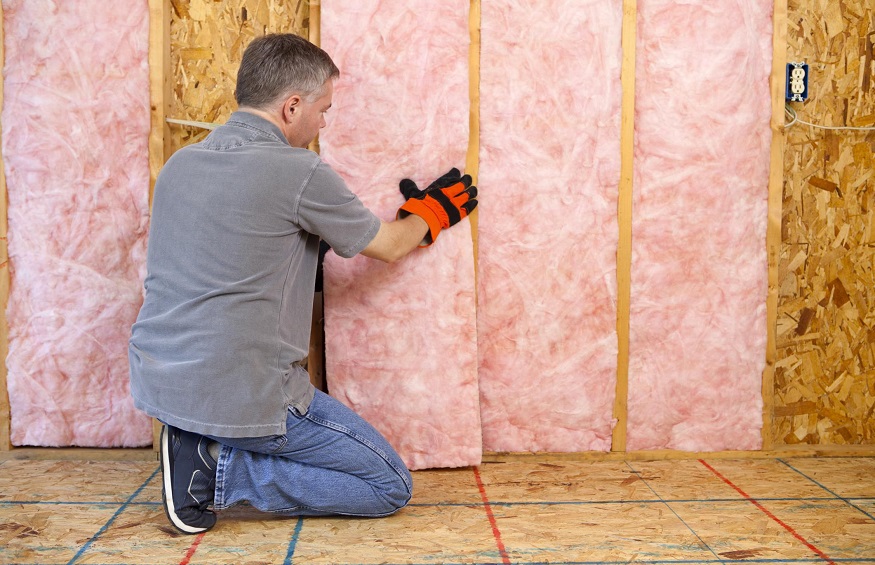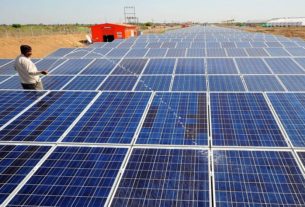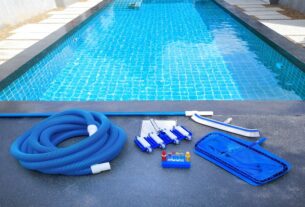Did you know that up to 25% of a building’s heat loss and gain occurs through the walls? That’s why walls are one of the most important areas of a home to insulate.
External wall insulation slows down heat flow to keep your home cooler in summer and warmer in winter. Wall insulation can also be installed in the internal walls to help create climate zones within the home for more effective heating and cooling. What’s more, specialised acoustic wall insulation can help reduce noise transfer for a more peaceful and private indoor environment.
What is the most efficient wall insulation?
Wall insulation batts are most commonly made from glasswool, polyester or rockwool. Each of these materials are effective at reducing the transfer of heat, but their properties and advantages vary slightly. The best wall insulation for you will depend on your needs and preferences.
Glasswool Insulation is made from recycled glass materials and is the most common type of insulation world-wide. Glasswool has a high compression factor which makes it convenient to package and transport.
Earthwool Insulation is a special type of glasswool insulation manufactured by Knauf. Thanks to innovative ECOSE technology, Earthwool has nearly none of the itch factor associated with traditional glasswool products. It is also manufactured without the use of any harsh chemicals or artificial dyes.
Polyester Insulation is made from recycled plastic materials and is soft to touch with no breathable fibres. This makes polyester a good choice for those with dust allergies.
Rockwool Insulation is made from crushed rock materials and has very impressive fire ratings, as well as great thermal and acoustic properties.
Read more: The Complete List of LED Grow Lights Benefits: The Best Option For Indoor Plants
Whichever type of wall insulation you choose, for the best efficiency you should choose a higher R-Value. The R-Value of an insulation product indicates how effective it is at resisting heat flow, so the higher you can afford to go, the greater benefits you’ll experience. For wall insulation in Australia, we recommend getting a minimum of R2.0 in warmer places such as Perth, Brisbane and northern NSW. For cooler places such as Melbourne, Sydney and Adelaide, we recommend upgrading to at least R2.5.
How thick should wall insulation be?
The thickness of wall insulation should not exceed the cavity you are going to install it in. Compressing insulation batts can significantly reduce their effectiveness at resisting heat flow. To ensure you purchase the correct size for your needs, make sure you measure your wall cavity thickness and compare this to the product specifications.
Acoustic benefits of wall insulation
Specialised acoustic wall insulation helps reduce noise transfer within your home to create a more peaceful environment. Thicker and more dense than regular thermal insulation, acoustic wall insulation can be installed in the external walls to reduce the sound of noisy traffic or neighbours from entering your home. It can also be installed in the internal walls to stop noise travelling from room to room, giving everyone in the household their own private space.



